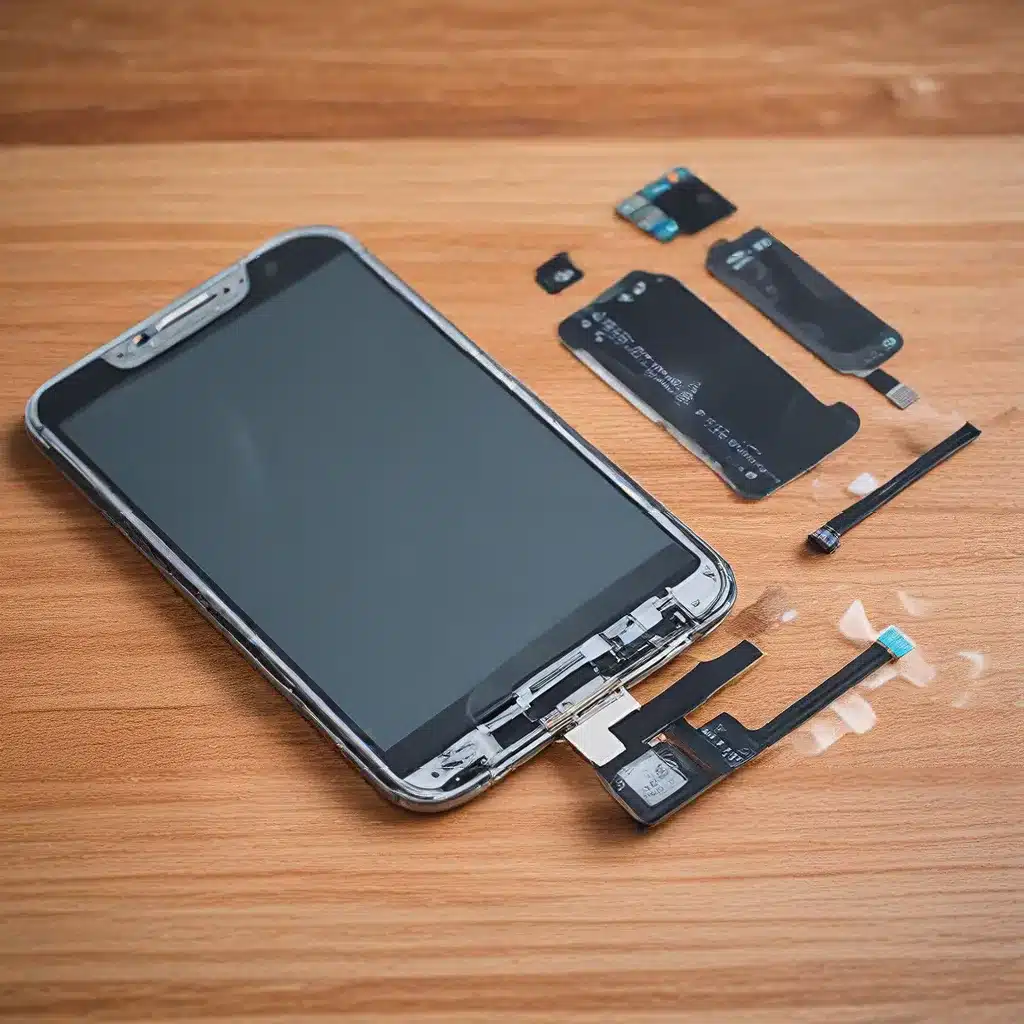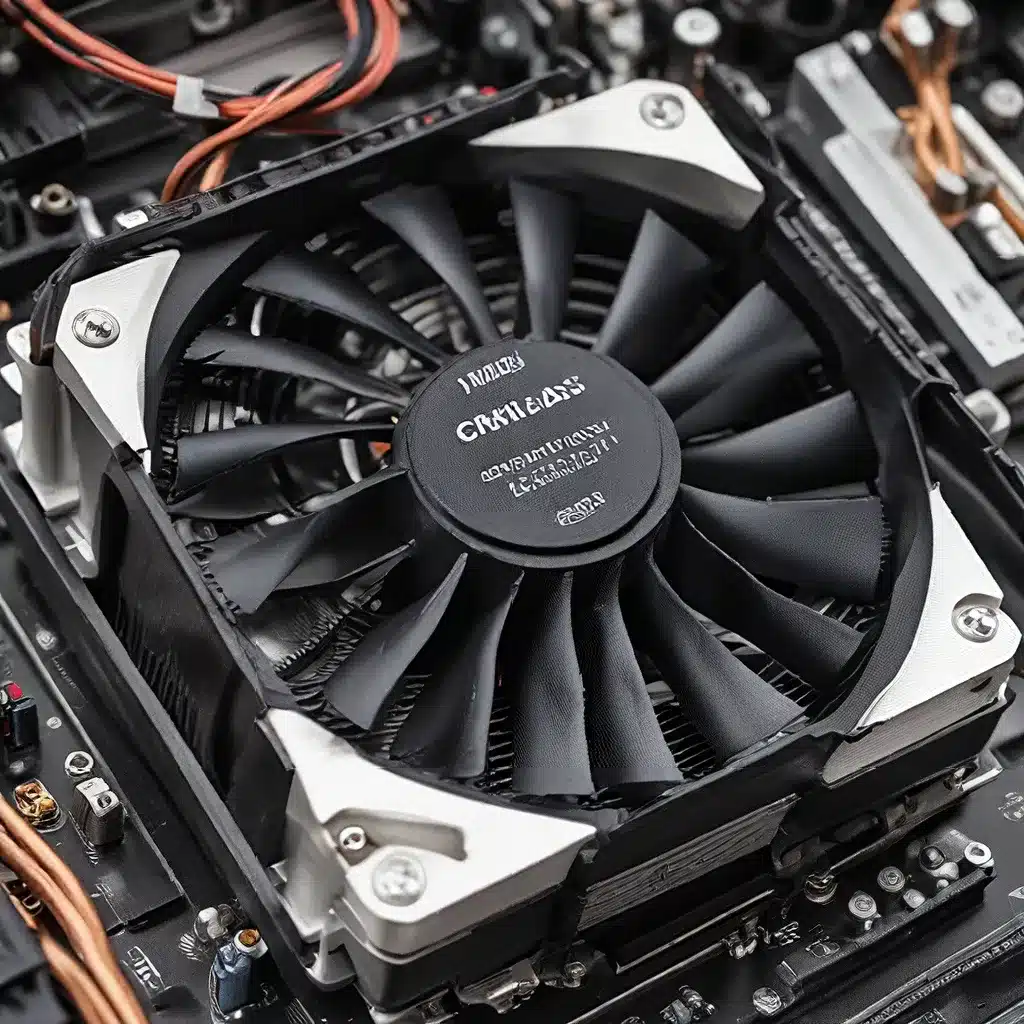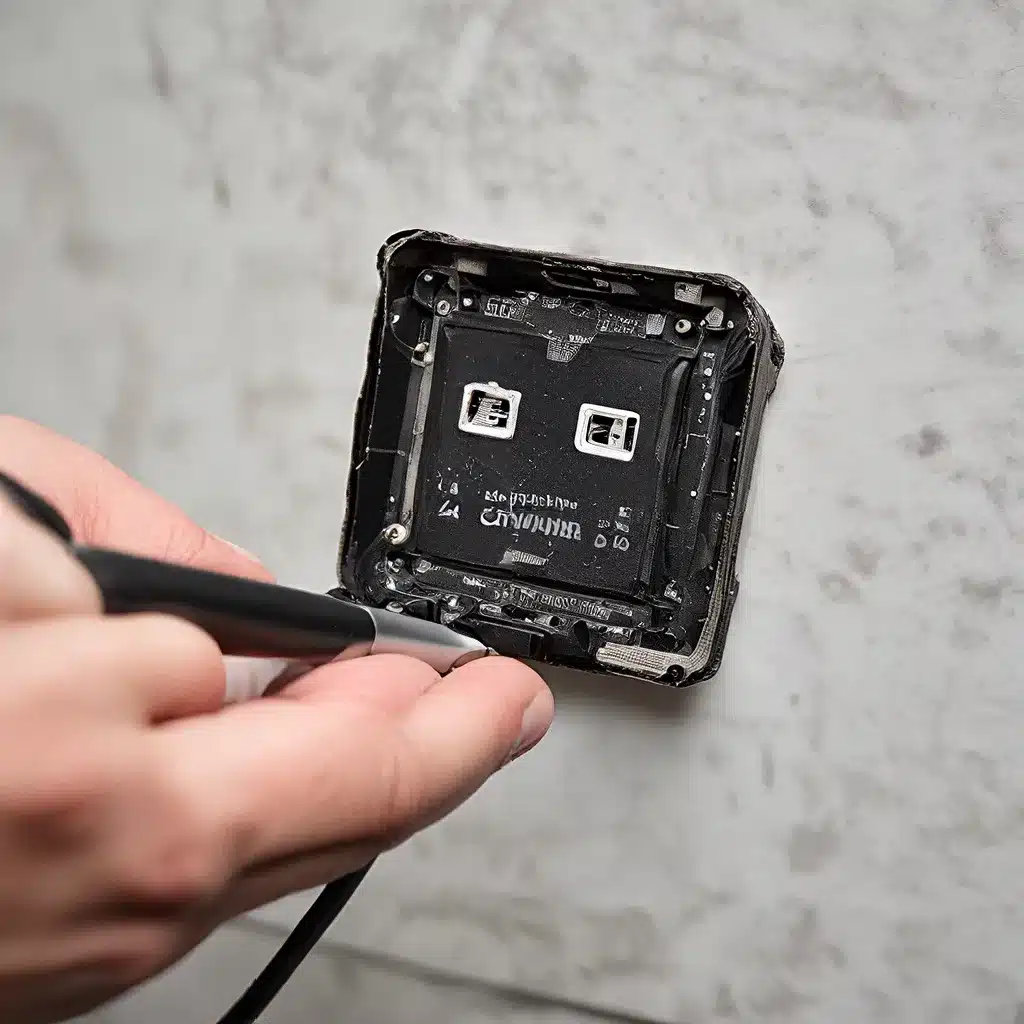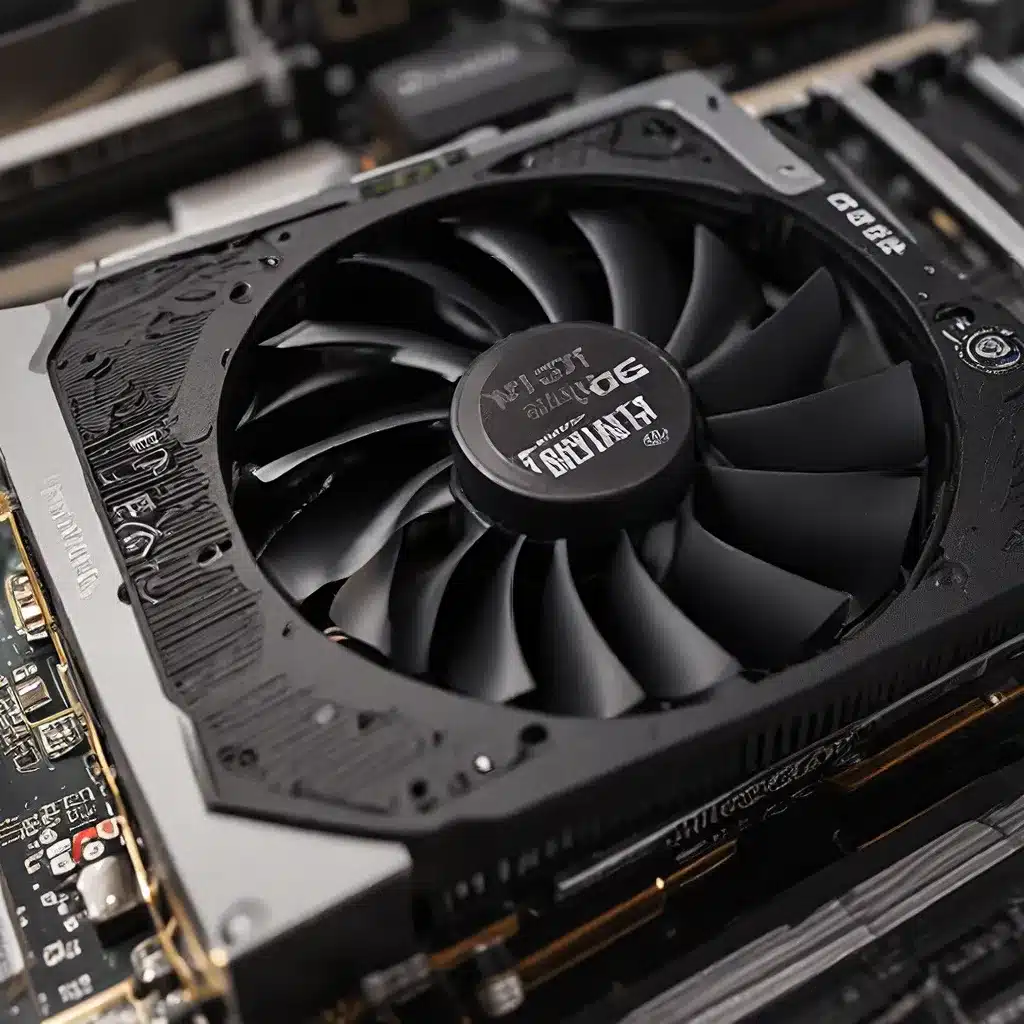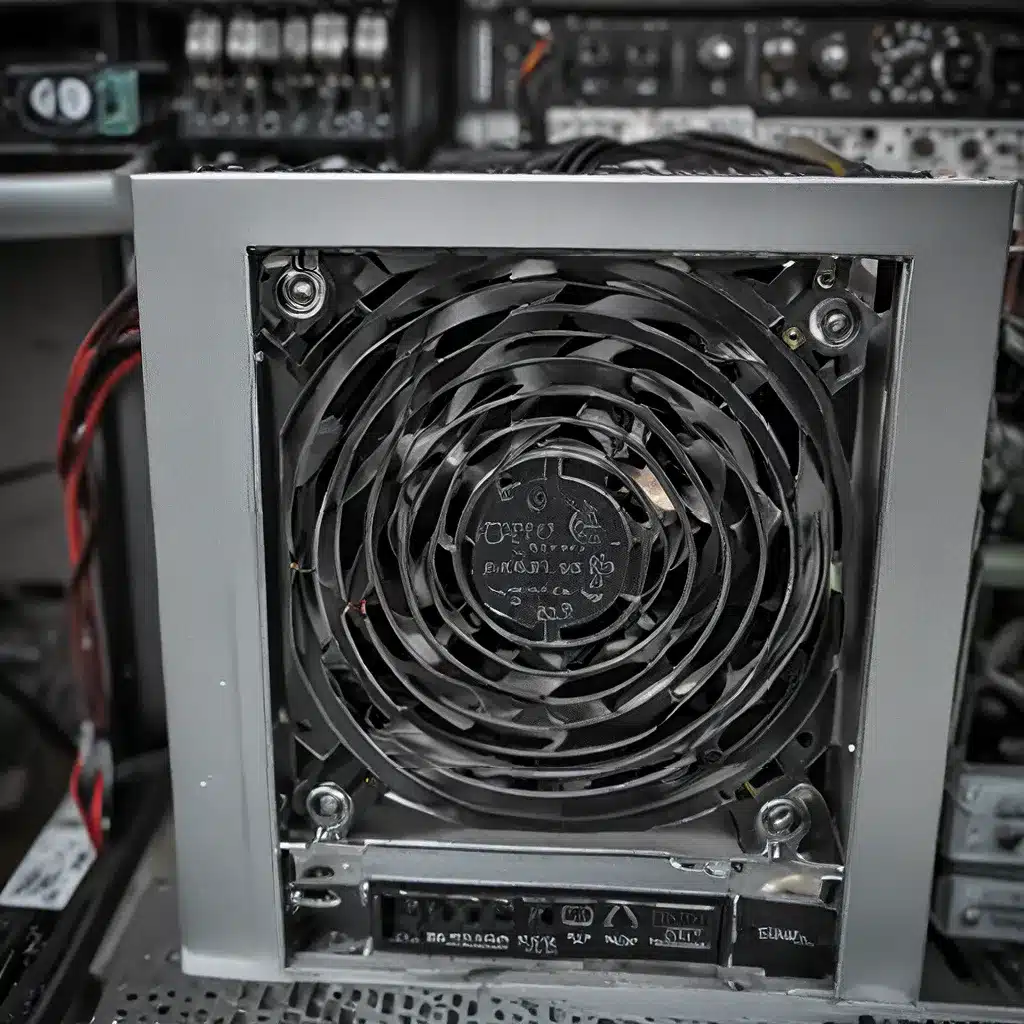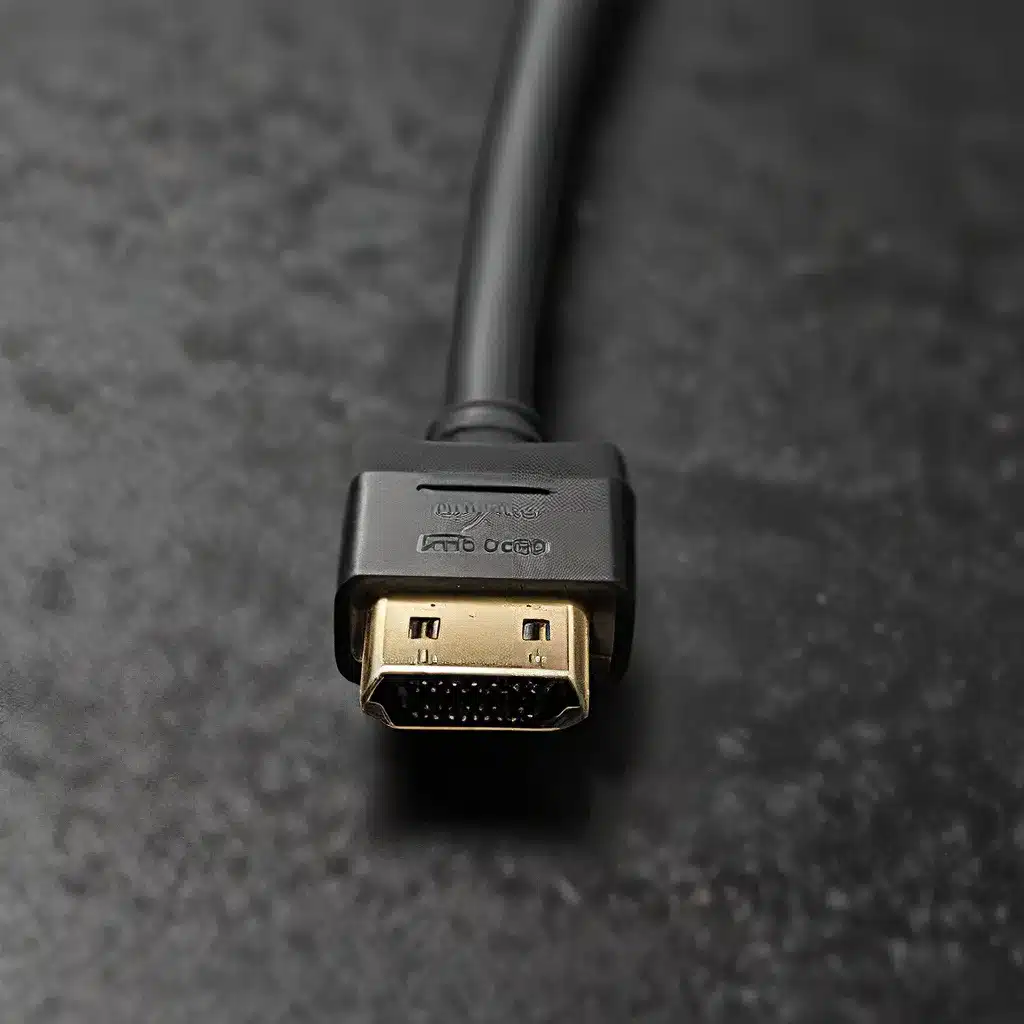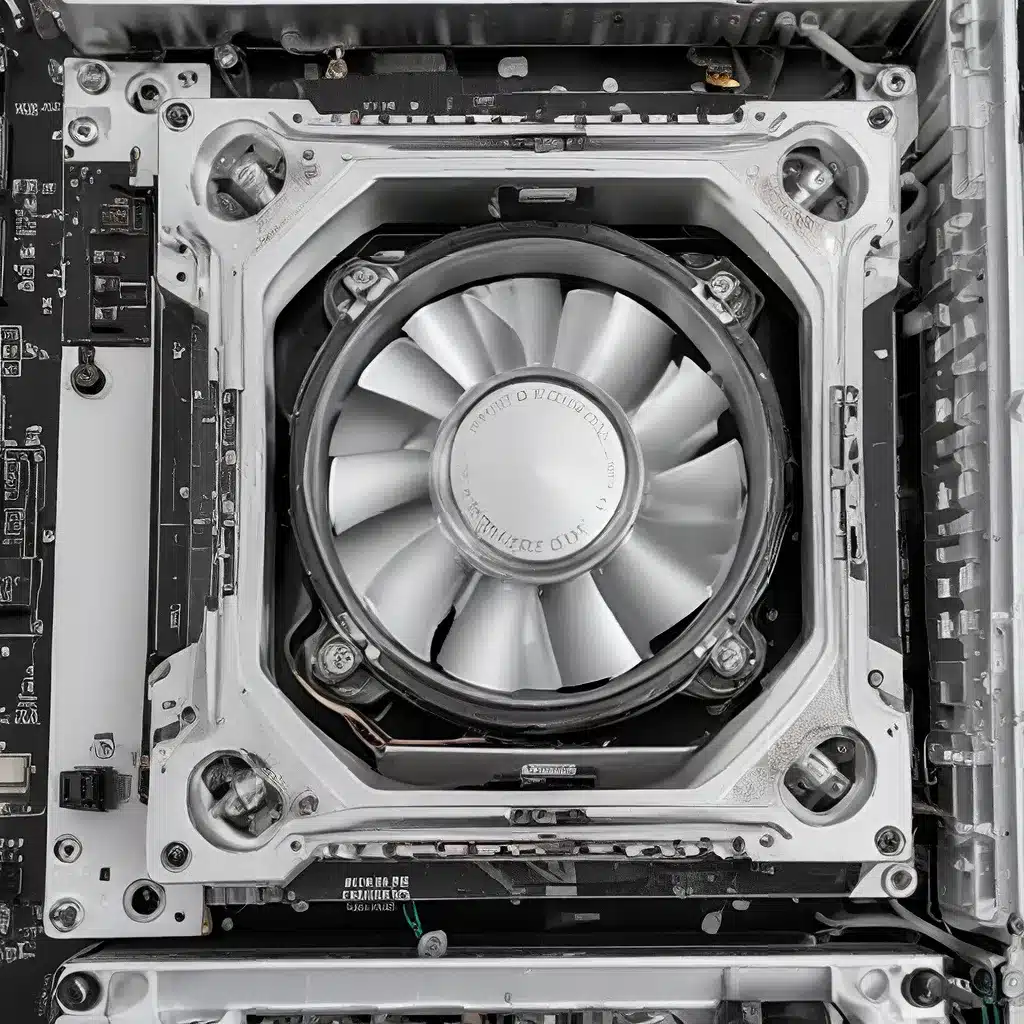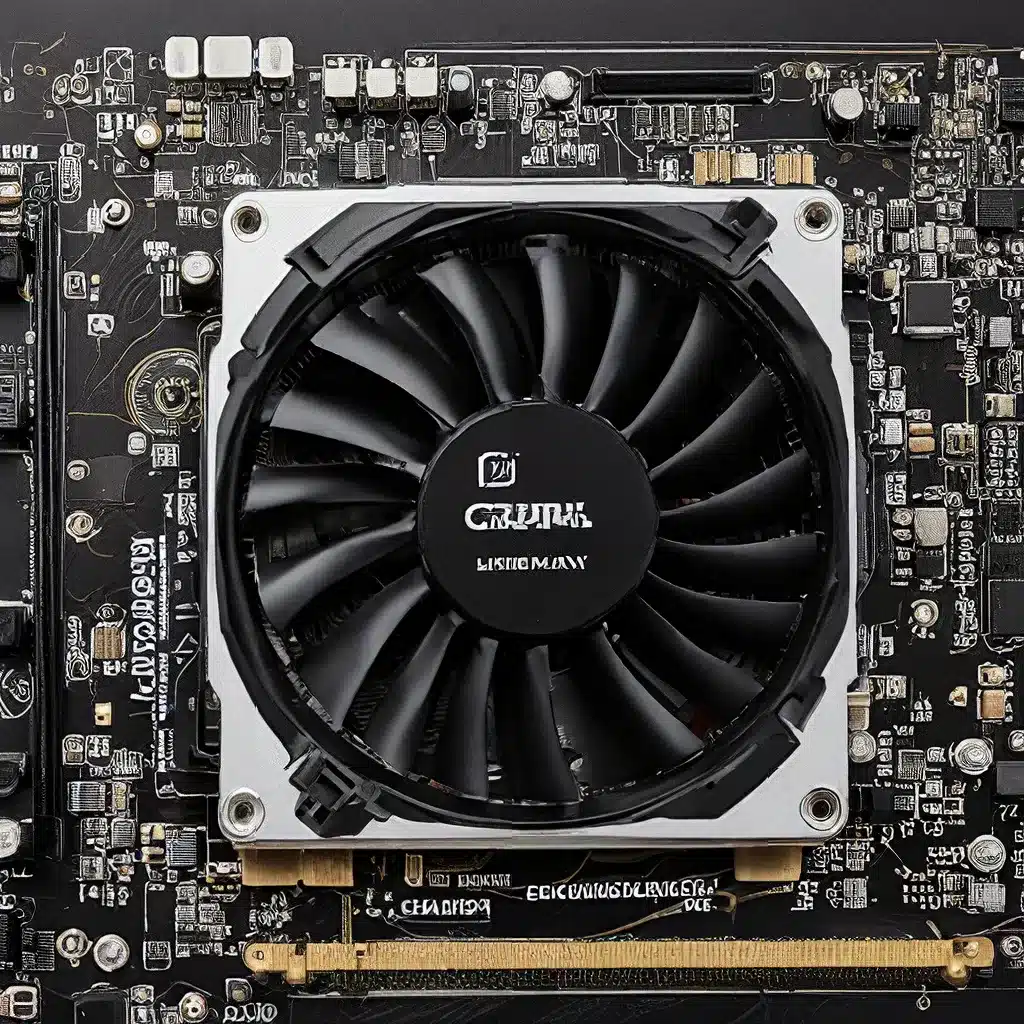Unraveling the Mystery: Why Does My Computer Keep Crashing?
Have you ever been in the middle of an important task, only to have your computer suddenly freeze or shut down unexpectedly? It’s a frustrating scenario that can leave you feeling helpless and wondering, “Why does my computer keep crashing?” Well, my friend, you’ve come to the right place. As a seasoned computer repair technician, I’ve seen it all – from the dreaded “blue screen of death” to the mysterious “application not responding” errors. But fear not, I’m here to guide you through the process of diagnosing and fixing those pesky crashes, so you can get back to being the productivity powerhouse you were born to be.
Suspect #1: Hardware Failure
One of the most common culprits behind a computer’s constant crashing is hardware failure. Your trusty machine is made up of a variety of components, and when one of them starts to go rogue, it can wreak havoc on the entire system. Imagine your computer as a well-oiled machine – if one part starts to break down, the whole thing can come to a screeching halt.
To identify a hardware issue, start by checking for any physical signs of damage, like loose connections or overheating. You can also use diagnostic tools to scan for errors in your RAM, hard drive, or other key components. [1] If you suspect a hardware problem, it’s best to consult a professional who can properly diagnose and repair the issue.
Suspect #2: Software Conflicts
Ah, the age-old battle between software and hardware – it’s like a never-ending game of tug-of-war. Sometimes, the programs and applications you have installed on your computer can clash with one another, causing crashes and other performance issues. Imagine a group of toddlers trying to play together – it’s a recipe for chaos!
To troubleshoot software conflicts, start by checking for any recent installations or updates. [2] Try uninstalling or disabling any new programs and see if that resolves the issue. You can also run a system scan for malware, as pesky viruses and malware can wreak havoc on your computer’s stability.
Suspect #3: Overloaded System
Remember that old saying, “Too much of a good thing can be a bad thing”? Well, it applies to your computer too. If you’ve been pushing your machine to the limit with resource-intensive tasks like gaming, video editing, or running multiple applications simultaneously, it could be the cause of those frustrating crashes.
Think of your computer’s resources like a plate of your favorite meal – if you try to pile on too much, it’s bound to end up a messy disaster. To prevent an overloaded system, try closing any unnecessary programs and limiting the number of tasks you’re running at once. [3] You can also check your computer’s resource usage to identify any potential bottlenecks.
The Importance of Troubleshooting
Now, I know what you’re thinking: “But I’m not a tech whiz! How am I supposed to figure all this out?” Fear not, my friend, for troubleshooting is an art that can be mastered by even the most technologically challenged among us.
The key is to approach the problem methodically, like a detective on the hunt for clues. Start by gathering as much information as possible about the crashes – when they occur, what you were doing, any error messages you see, and so on. [4] Then, use that information to systematically work through the potential causes, one by one. It may take some trial and error, but trust me, the sense of triumph you’ll feel when you finally solve the mystery will be worth it.
Preventing Future Crashes: Maintenance and Best Practices
Of course, the best way to deal with computer crashes is to prevent them from happening in the first place. Think of it like maintaining a classic car – if you keep up with regular tune-ups and oil changes, it’s much less likely to break down on you.
Start by ensuring your computer’s software is always up-to-date, with the latest security patches and bug fixes. [5] You should also consider implementing a regular backup routine to protect your important data in case of a catastrophic crash. And don’t forget to give your machine a good cleaning every now and then, both physically and digitally, to keep it running at its best.
Remember, the key to a well-behaved computer is a little bit of TLC. With the right troubleshooting techniques and a proactive approach to maintenance, you can say goodbye to those frustrating crashes and hello to a smooth, reliable computing experience.
So, the next time your computer decides to throw a tantrum, don’t panic – just channel your inner Sherlock Holmes, and let’s get to the bottom of this mystery together!
[1] https://answers.microsoft.com/en-us/windows/forum/all/diagnosing-a-system-crash/c709cb4a-0186-469d-9399-c37b6e6e188d
[2] https://steamcommunity.com/app/621060/discussions/0/1696044439574565735/
[3] https://answers.microsoft.com/en-us/windows/forum/all/computer-continues-to-crash-even-after-multiple/411d3b04-358a-44ba-94c2-0ff414b5a31e
[4] https://www.reddit.com/r/computers/comments/t8hwls/every_game_in_my_pc_keeps_crashing_help_please/
[5] https://community.adobe.com/t5/acrobat-discussions/adobe-acrobat-pro-not-responding-and-constanly-crashing-windows-11/td-p/12804703


